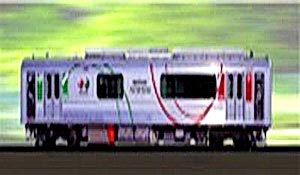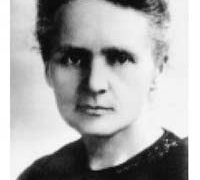Japan’s largest railway company has announced plans to test a new hydrogen fuel cell-powered train in July. This initiative also aligns with the goals of automobile manufacturers to ensure efficient transportation routes and a cleaner environment.
 |
|
A hydrogen-powered train from Japan. (Photo: AP) |
Every day, East Japan Railway Company transports up to 16 million passengers in the Tokyo area.
In July, the company will begin testing a hydrogen fuel cell train, with plans to launch it on major routes by mid-2007.
This eco-friendly energy source will generate electricity through a chemical reaction between hydrogen and oxygen, producing only water vapor as a byproduct.
Initially, the train will feature one car powered by batteries, capable of reaching speeds of 62 miles per hour (99.7 km/h). The remaining cars will primarily rely on diesel engines for energy. Subsequently, two 62 kW hydrogen fuel cells will provide one-third of the total energy needed for the entire journey.
The energy efficiency of the hydrogen fuel cell train improves every time the train brakes, as energy is recharged into the batteries. Additionally, this new battery system will significantly reduce noise compared to conventional trains.
The company estimates that the hydrogen fuel cell train will consume 20% less energy compared to traditional trains.
Company representative Akira Mori stated, “This is the first time this technology has been used in train cars.”
It is expected that the new energy-powered train will be deployed on routes to remote areas lacking electrical infrastructure or to replace older trains operating on batteries or solely on diesel engines.
This new technology has sparked interest among Japanese automobile manufacturers and is currently a major focus globally regarding hybrid energy vehicles.
However, hydrogen fuel cell trains will need to address some of the current limitations of fuel-powered engines to meet the demands of long-distance travel.
Ngọc Huyền


















































